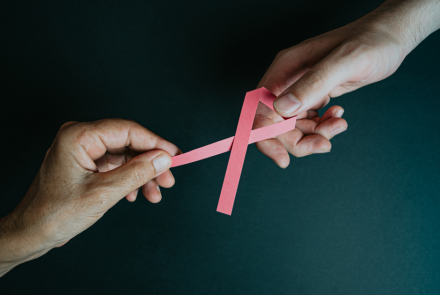March 6, 2017 – New York Nephrologist, Arthur Appel, MD, FACP, with Highland Medical, P.C., shares how managing diabetes protects your kidneys. Diabetes is the No. 1 cause of chronic kidney disease in the United States. But if you have diabetes you can protect your kidneys by keeping your blood sugar and blood pressure under control, according to Arthur Appel, MD.
How Does Diabetes Harm the Kidneys?
About one out of four adults with diabetes has kidney disease, according to the National Institute of Diabetes and Digestive and Kidney Diseases. Diabetic kidney disease, also called diabetic nephropathy, occurs when the filtering apparatus of the kidney (the glomerulus) stops working properly. The glomerulus acts like a strainer that filters waste products from the blood. The waste products are stored in the bladder and expelled through urine. Useful substances, such as protein, stay in the blood and are used by the body to build and repair tissues, and make enzymes, hormones, and other body chemicals.
A person with uncontrolled diabetes has high blood sugar, which damages the glomerulus. As a result, protein begins to leak through the filter and ends up in the urine. If diabetic kidney disease is not treated, larger and larger amounts of protein leak into the urine. If too many waste products start to build up in the blood, the kidneys fail, requiring dialysis or a kidney transplant.
In addition to filtering the blood, the kidneys serve other important functions that are damaged as a person loses kidney function. The kidneys help bone marrow make red blood cells, keep bones strong by allowing the body to use vitamin D, and help regulate blood pressure. So keeping the kidneys healthy is extremely important for people with diabetes.
How is Diabetic Kidney Disease Diagnosed?
The doctor will do one or more tests to diagnose and monitor diabetic kidney disease. These may include a blood test that checks for levels of a waste product called creatinine, which increases when the kidneys aren’t functioning properly; and a urine test to check for albumin, a protein that can pass into the urine when the kidneys are damaged.
In some cases, the doctor will order an ultrasound of the kidneys to check their size. The buildup of protein in kidney disease can cause them to enlarge, which can be seen on a scan. In most cases, a person with diabetes has no noticeable symptoms that indicate they have kidney disease, which is why going to the doctor every year to test for kidney disease is so essential, Dr. Appel says.
How Can You Prevent Kidney Disease If You Have Diabetes?
Because high blood sugar levels damage the kidneys, keeping your diabetes under control is vital in preventing kidney disease, or to slow down its progression if you already have it, Dr. Appel says. You should follow your doctor’s orders carefully regarding diet and medicines to help control your blood sugar levels.
High blood pressure also causes kidney disease to worsen, so it is very important to control it by taking your blood pressure medication as directed.
Two types of medication used to control blood pressure can help prevent or delay kidney disease in people with diabetes: angiotensin-converting enzyme (ACE) inhibitors and angiotensin II receptor blockers (ARBs). These medications not only lower blood pressure, but they also help cut down on the amount of protein in the urine. “Most people with diabetes are prescribed one of these medications even if their blood pressure is not high, to help delay kidney disease,” Dr. Appel says.
Examples of ACE inhibitors are lisinopril (Zestril), benazepril (Lotensin), and enalapril (Vasotec). Examples of ARBs are losartan (Cozaar), valsartan (Diovan), and irbesartan (Avapro).
Your doctor will also monitor you for other kidney conditions that could make kidney function deteriorate more rapidly, such as kidney stones, urinary tract infections and an enlarged prostate, which affects the ability of the bladder to empty properly. Treating these conditions can help preserve your kidney function.
“The good news is that treatment is available to prevent or delay kidney disease from developing in people with diabetes,” Dr. Appel says. “Work with your doctor to keep your blood sugar and blood pressure under control, and take your medicines as prescribed, so you can keep your kidneys functioning.”






